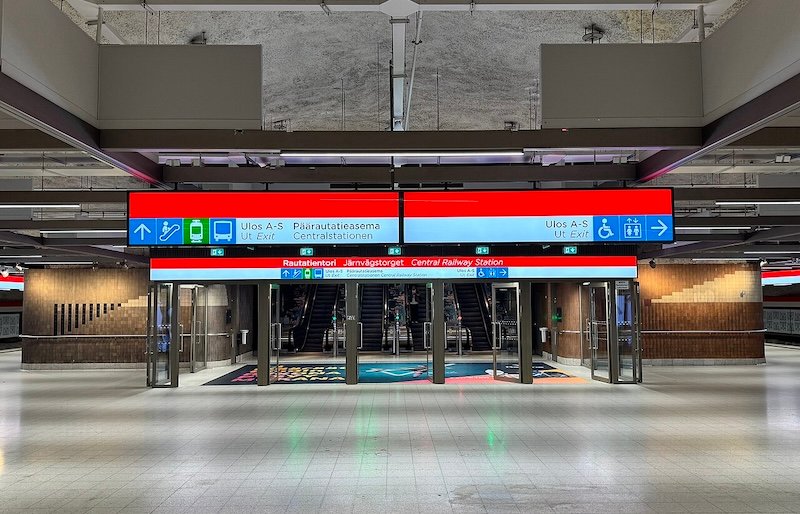Berlin, August 06, 2024, The Europe Today: German manufacturers received positive news on Tuesday as the Federal Statistical Office (Destatis) reported a 3.9% increase in industrial orders for June, significantly surpassing analysts’ expectations of a 0.5% rise.
The growth was largely driven by a surge in domestic orders, which saw a 9.1% increase. In contrast, demand from abroad rose modestly by 0.4%.
Automobile Industry Leads Growth
The automobile manufacturing sector was a major contributor to the overall growth, with orders rising by 9.2% in June. Additionally, companies involved in the production of metal products and the construction of planes, ships, and trains also experienced an uptick in orders.
However, the sector producing computer, electronic, and optical equipment saw a decline, with orders falling by 7.9%.
Destatis noted that the overall growth figure of 3.9% was bolstered by some large-scale orders, which are subject to significant fluctuations. Without these, the growth would have been slightly lower at 3.3%.
Year-on-Year Decline
Despite the positive monthly performance, the year-on-year comparison painted a less optimistic picture, with industrial orders down 11.8% compared to June 2023.
Expert Caution
Economics expert Jupp Zenzen from the German Chamber of Commerce and Industry cautioned against over-optimism, describing the June rise as “unfortunately no reason to give the all-clear.” He labeled the first half of 2024 as a “disappointment” overall.
“German industry is in danger of losing competitiveness due to several structural problems, such as high costs, bureaucracy, and a lack of specialist labor,” Zenzen said, as reported by AFP. He also pointed out that energy prices remain a persistent issue.
Quarterly Performance
Destatis reported that orders in the second quarter of 2024, from April to June, were down 1.4% compared to the previous quarter.
Conclusion
While the significant rise in June’s industrial orders offers a glimmer of hope, the broader challenges facing German industry highlight the need for structural reforms to enhance competitiveness and address persistent issues such as labor shortages and energy costs.














